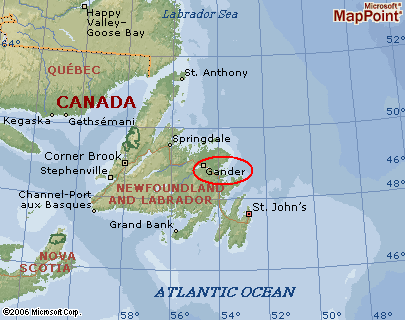Say the word “Psychedelics” and one quickly can distinguish the Baby Boomers from Gen Z or Millennials in the room. Baby Boomers think of a bright kaleidoscope of colours and patterns associated with indulgence in LSD…giving the word “trip” a new meaning. They think of Hippies, Flower Power. Peace & Love. Our Millennials and Generation Z’s are a different story. They can relate to the world of psychedelics on various levels – including recreational, scientific, medical, and business opportunities. Like the Cannabis playbook, the world of psychedelics has a diverse group of players – from Entrepreneurs, Natural Product Chemists, Biologists, Medics, Traditional Herbalists and Farmers to mental health professionals. Big money – the common motive? Most definitely! But there is more.
The Silent Pandemic
It is conceivable that it is the world’s current “pandemic”, (and here I speak not of the Corona virus, but of mental disorders) that has triggered intense and extensive research in the role of psychedelics in treatment and therapies. The statistics are sobering. In 2019, the National Alliance on Mental Health reported 1 in 5 persons suffering from some mental illness in the US, the same year when anecdotal figures in Jamaica were 1 in 3. In Canada, acknowledged as one of the best countries in which to live, it has been estimated by the Centre for Addiction and Mental Health that one in five adult Canadians (21.3 percent) will suffer a mental disorder in their lives. And the impact of COVID-19 has not yet been factored. Mental illness certainly sounds like a silent pandemic to me.
The most talked about natural psychedelic these days is psilocybin (and related compound psilocin), both found in certain types of mushrooms. These compounds are classified under the 1979 Controlled Substances Act as Schedule 1, which is a list of chemicals or substances that have no accepted medical use and have a high potential for abuse. This classification is likely to change soon due to growing scientific data and results of clinical studies that support the efficacy of psychedelics such as psilocybin in the treatment of mental illnesses.
Furthermore, contrary to common belief, psychedelics are not addictive.
Optimism in the air
Interestingly, at present, only in a handful of countries (including Jamaica) are psilocybin containing mushrooms legal. Unfortunately, in these countries, the attendant regulatory framework for governing their cultivation and use is not always in place. Millions suffering from Post-Traumatic Stress Disorder (PTSD), anxiety, depression, cluster and migraine headaches, having exhausted many other medications and therapies, are eyeing naturally occurring psilocybin, such as in “magic mushrooms” for relief. For them, relaxing the international classification of psychedelics like psilocybin, cannot come too soon. Fortunately, there have been some movements in this regard. In Oregon, USA for example, psilocybin was made legal for medicinal use under Measure 109, as of November 4, 2020. Additionally, Texas passed a law to enable the study of psilocybin as treatment for post-traumatic stress disorder (PTSD) in veterans. A similar initiative is underway in Pennsylvania. Last year Canada hit the headlines when Health Canada granted a legal exemption to its drug laws, known as a Section 56 exemption, to four terminal cancer patients, allowing them to use psilocybin-assisted psychotherapy to relieve their end-of-life anxiety and distress. These latest developments were not spontaneous, but evidence based. With heightened research and clinical studies, the body of knowledge on the role of psychedelics in the treatment of a myriad of mental health illnesses will determine how fast other jurisdictions get on board.
While there is cautious optimism, there are also exciting prospects for impacting economic growth for some countries. Diversification of the tourism product to include Health & Medical Tourism, for example, could see the production and marketing of legal psilocybin mushrooms & related products, as well as therapies, retreats and Clinical Trials. For this to be realized, a fit-to-size regulatory framework is needed. This may be the bottleneck, although one would hope that lessons learned from the cannabis journey would be instructive for all. Alert! Eyes are on Jamaica, already somewhat of a tourism mecca. Bets are on that she will not drop the ball!



